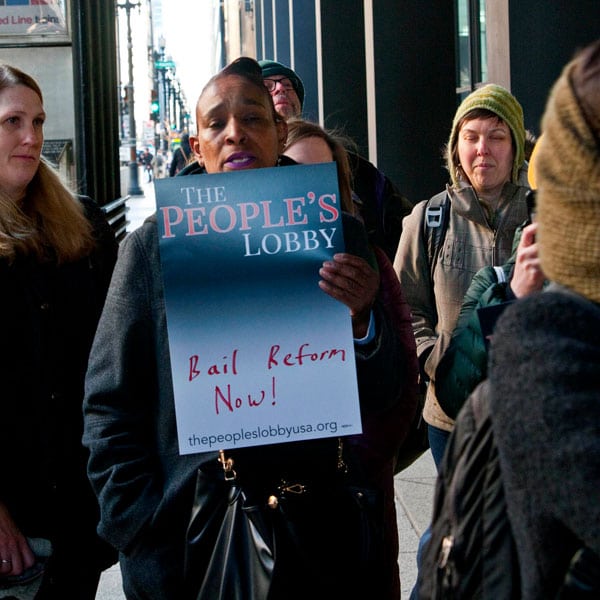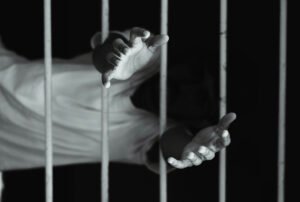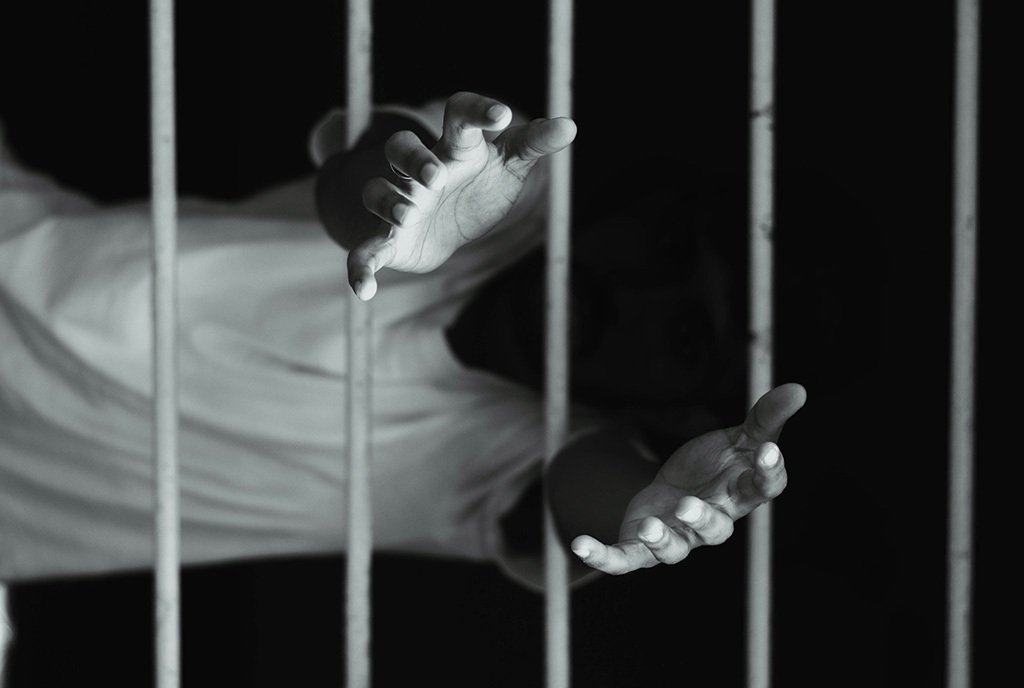
August 21, 2018; Los Angeles Times
“California lawmakers on Tuesday passed a landmark bill that would overhaul the state’s cash-bail system, replacing it with one that grants judges greater power to decide who should remain incarcerated ahead of trial,” writes Jazmine Ulloa in the Los Angeles Times.
The proposal, which had already passed in the state’s Assembly, was approved in the State Senate on a 26–12 vote. The bill now heads to Governor Jerry Brown, who is likely to sign the bill into law. Earlier in the week, Brown endorsed the legislation, calling it “an important step forward in reducing the inequities that have long plagued California’s bail system.”
As Ulloa writes, the bill “puts the state at the forefront of a national push to change the way courts impose monetary fines and payments on defendants as conditions of their release from jail. But the historic victory has been bittersweet … [as] ardent former supporters argued the final version of the legislation could lead to more people behind bars.”
Alexei Koseff of the Sacramento Bee writes that, “The ACLU and other organizations …raised concerns about an expanded process for prosecutors to file for ‘preventive detention,’ blocking the defendant’s release pending a trial, if they believe there are no conditions that would ensure public safety or their appearance in court. The groups argued that suspects will be detained in jail for weeks awaiting a hearing, and that the change gives too much discretion to judges, likely resulting in more people being locked up, not fewer.”
The preventive detention language was added to mollify law enforcement groups—namely sheriffs, prosecutors, and police chiefs. With the replacement “preventive detention” procedure in the bill, these groups dropped their opposition and said they were “neutral.” California District Attorneys Association lobbyist Sean Hoffman even opined that the new bill would create a “pretrial system that is safer and fairer than what is in place today.”
Sign up for our free newsletters
Subscribe to NPQ's newsletters to have our top stories delivered directly to your inbox.
By signing up, you agree to our privacy policy and terms of use, and to receive messages from NPQ and our partners.
For its part, the ACLU fears the new risk evaluation system will simply reproduce in new ways the structural racism endemic to the state’s criminal justice system. Other bail abolition advocates now opposing the bill include the NAACP and the PICO community organizing network, San Francisco public defender Jeff Adachi, and University of California, Berkeley law professor Erwin Chemerinsky.
This two-steps-forward-one-step-back dynamic is disturbing but, alas, not surprising. California has a long, fraught relationship with criminal justice. In 1994, California voters approved Proposition 184, the so-called “three strikes and you’re out” law with a 71.85 percent “yes” vote. As the Los Angeles Times wrote at the time, the measure was “sweeping,” creating a mandatory minimum sentence of 25 years for a third felony, even if for a nonviolent offense, eliminating plea bargaining and the right of judges to grant probation. The LA Times added that it would also “double and triple sentences for thousands of felons annually and ensure that they spend at least 80 percent of their sentences in prison.”
Following “three strikes,” the number of prisoners in California increased from what the US Department of Justice estimates was 125,605 in 1994 to 175,512 by 2006. According to the state, as of 2017, the cost to the taxpayer per prisoner is $75,560. In other words, by 2006, just the increase in prisoners was costing the state a little over $3.75 billion a year (in today’s dollars). For activists, much of the past decade has involved walking back the effects of this law. By 2016, the number of prisoners in California had fallen back close to where it was in 1994—at 130,340 people.
The case for abolishing cash bail is clear enough. As NPQ’s Sean Watterson wrote, “While waiting for a trial, the accused can lose their job, their custody rights, and their home, all before being convicted of a crime.” Worse still, as Ethan Frenchman, a public defender, explained two years ago to Bourree Lam in the Atlantic, “Money bail coerces clients into pleading guilty. Poor clients would often prefer to plead guilty than sit in jail on an unaffordable money bail awaiting their day in court.”
The Sacramento Bee, in an editorial, makes perhaps the strongest case in favor of the legislation. “The median bail amount in California is $50,000, five times the national average. People’s lives will continue to be ruined, as they languish in jail for weeks, months and even years at a time, even though they have only been charged, not convicted.” The Bee adds that, despite the legislation’s failings, one clear benefit is that the “for-profit bail industry will die, eliminating a powerful, deep-pocketed lobbying force at the state Capitol.” In theory then, the bill, by eliminating a reform opponent, makes further progress possible down the road.
Many bail abolition advocates, however, are not persuaded. “In order to uproot our exploitative system of commercial bail, California from the beginning needs to commit itself to due process and racial justice,” said Abdi Soltani, director of the ACLU of Northern California affiliate.—Steve Dubb













